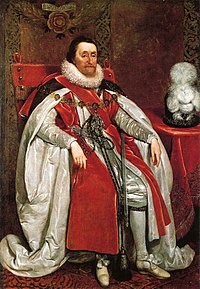If you've been part of the Baptist Church for anytime at all you've surely heard of Charles H. Spurgeon; if you are from another evangelical denomination you've likely heard of Charles H. Spurgeon; if your circle is a little further out, you’ve probably heard of Charles H. Spurgeon; that’s because during the 19th century no other preacher attracted larger crowds in London, England, than Charles H. Spurgeon.
“A number of superb preachers graced pulpits during the Victorian era, yet Spurgeon garnered the title the Prince of Preachers.”1 As a young pastor his preaching drew large crowds. Not only did Spurgeon’s preaching have an influence on the religious history of Britain, but he also founded a pastors’ college which trained young men for ministry. He published his sermons, edited the magazine, “The Sword and the Trowel, and wrote some seventy books. He was the peoples pastor, because like the people he was subject to the effects of a fallen creation. He battled gout, depression, family issues, and dealt with theological debate regarding the down grade controversy.
Even though Charles H. Spurgeon was a preacher in London, England, during the Victorian era, his ministry has influenced me in 21st America. One of my personal favorite books is “All of Grace” by Charles H. Spurgeon. In the 8th chapter he defines faith as being made up of three things: knowledge, belief, and trust. Spurgeon said, “Faith is believing that Christ is what He is said to be and that He will do what He has promised to do.”2 This changed my thinking about preaching as a Reformed Baptist; I cannot make anyone believe in Jesus, nor can I make anyone trust His promise of eternal life, but I can tell you about Jesus and His promise.
1 John D. Woodbridge and Frank A. James, Church History Volume 2: From Pre-Reformation to the Present Day. The rise and growth of the Church in its cultural, intellectual, and political context (Grand Rapids, MI: Zondervan, 2013) 601.
2 C. H. Spurgeon, All of grace (New Kensington, PA: Whitaker House, 2003) 63.



